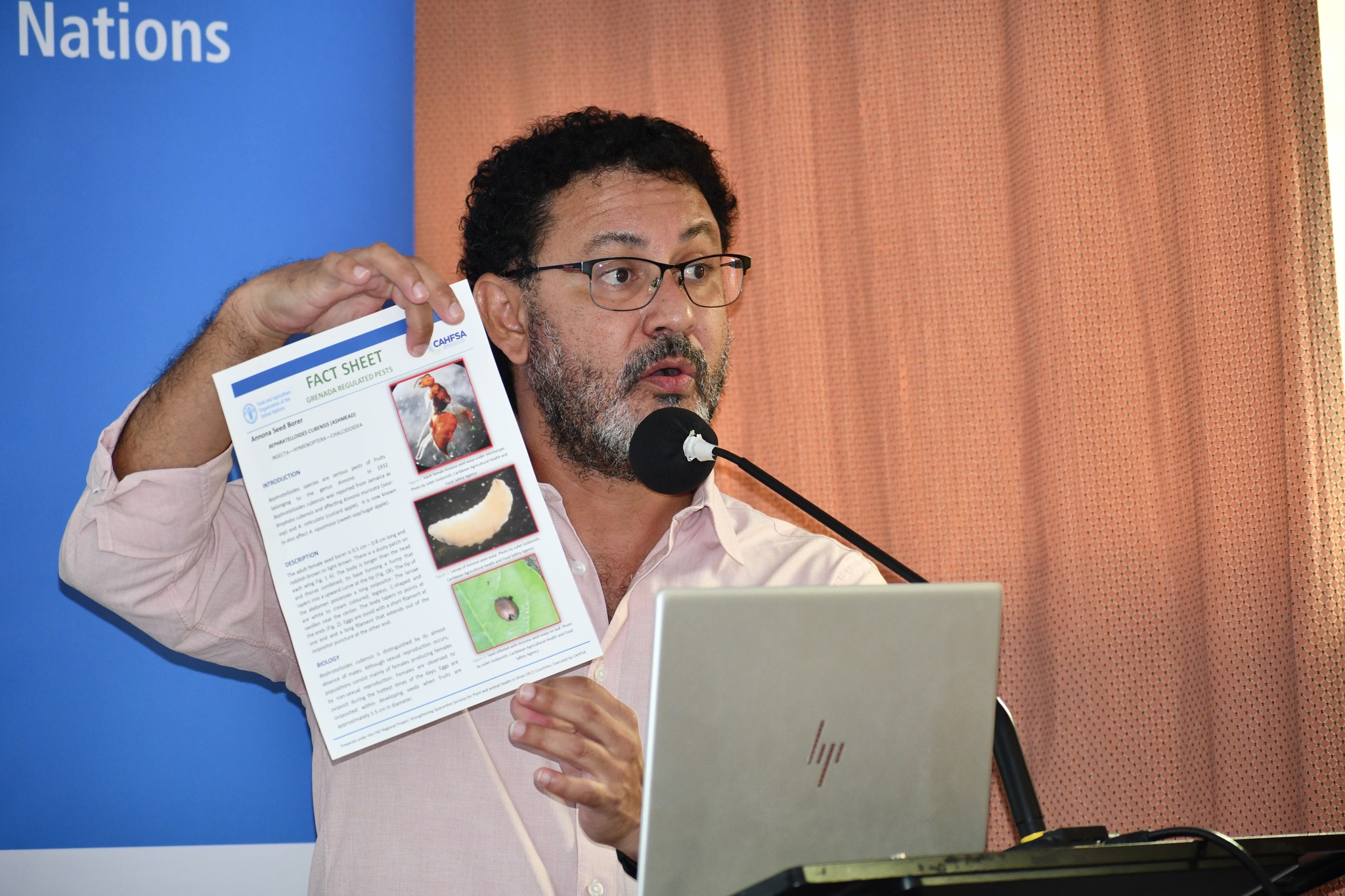This news article is a production distributed through Caribbean News Service. It is made freely available to your media and we encourage publishing and redistribution, giving credit to Caribbean News Service (CNS).
BELIZE CITY, Belize May 12 2016 – A group of professionals from CARIFORUM states (countries comprising the Caribbean community and the Dominican Republic) will be able to contribute to the constant task of guaranteeing the safety of imported and exported food in their respective countries, thanks to a recent training event on sanitary and phytosanitary management in which they participated.
Held in Iceland, the course was part of the Sanitary and Phytosanitary (SPS) Measures Project funded by the European Union and implemented by the Inter-American Institute for Cooperation on Agriculture (IICA).
Caribbean countries have a wealth of marine resources from which they cash out hundreds of millions of dollars a year to support national economies by providing good jobs, food and foreign exchange, among other benefits.
However, in order to remain active and competitive in the global marketplace, countries must find ways to surmount the challenges posed by international standards called sanitary and phytosanitary (SPS) measures, which serve as a means of protection against diseases transmitted by animals and plants.
“Developing SPS capacities is just part of our overall strategy for improving competitiveness, adding value and building resilience to climate change, while addressing supply chain challenges facing the fisheries and aquaculture sectors in our countries,” stated Milton Haughton, Executive Director of the Caribbean Regional Fisheries Mechanism (CRFM), the agency coordinating the fisheries sub-component of the project.
According to Susan Singh-Renton, Deputy Director of CRFM, participants got a firsthand look at the fishing industry, interacted with industry operators involved in fish handling and processing, and broadened their knowledge of virtual fish sale auctions, marketing, aquaculture, food safety, technology development, and business networking for the creation of new products.
“Many industry operators emphasized the fact that sustainable management of the natural fish resource was at the heart of Iceland’s fishing industry development and is an SPS success story,” she stated.
Compliance with SPS measures (which will begin to take shape as plans are implemented to harmonize legislations across all CARIFORUM states) will be essential to consolidating the region’s standing in the global market.




